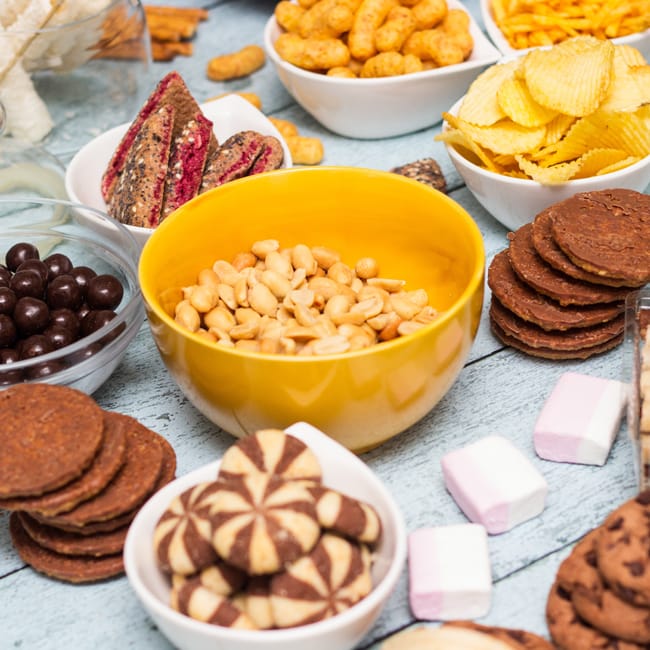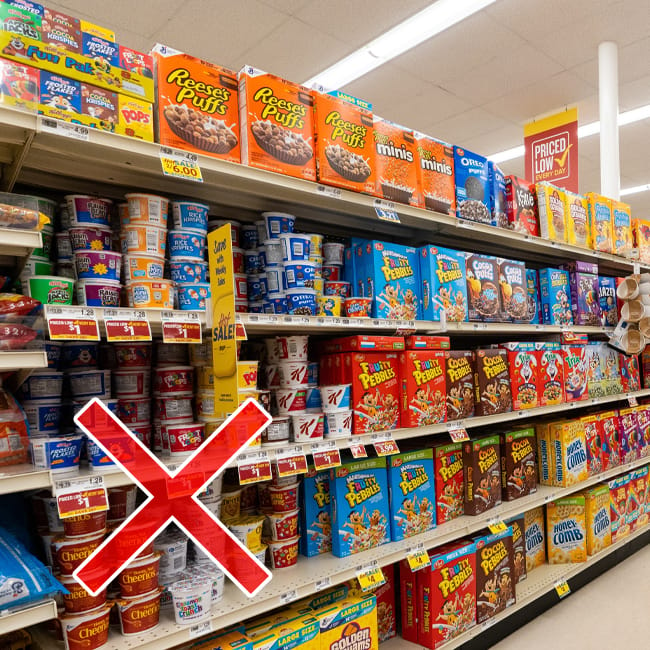If you’re trying to lose weight, you’re likely focusing on limiting your caloric intake and putting in extra work at the gym with intense workouts like these. While both of these factors are important when it comes to slimming down, it’s important to remember that they’re only part of the equation. Another crucial factor in weight loss is your metabolism, which refers to the process by which your body converts food and drink into energy. Understanding how your metabolism works and how to support it is one major key to achieving your weight loss goals. And as it turns out, there’s one habit that could be slowing your metabolism. Surprisingly, not eating enough calories can actually slow down your metabolism and hinder weight loss progress.
To learn more about why it’s crucial to consume enough calories if you want to maintain a healthy metabolism and lose weight, we spoke to dietitian Grace Clark-Hibbs, founder of Nutrition With Grace. Find all of her insight and advice below.
READ MORE: 3 Simple Snack Swaps That Can Lead To A Faster Metabolism


How not eating enough slows your metabolism
You may think that in order to lose weight, the best course of action is to limit the amount of food you eat and calories you consume as much as possible. However, Clark-Hibbs warns that this isn't the case. In fact, depriving yourself of enough calories each day could slow your metabolism and hold you back from your weight loss goals significantly.
"One of the biggest habits slowing down my clients' metabolisms is not eating enough," she tells us, emphasizing the fat that "your body needs energy (aka calories) in order to do its daily functions and to keep you alive." When you don't provide your body with enough food and calories to get that energy, your overall health is at risk—and that could slow your weight loss progress.
"If you're not bringing in enough energy from food, your body's going to prioritize its essential functions like your heart, lungs, and brain," Clark-Hibbs explains. "This is effectively putting your body into starvation mode, which is going to slow your metabolism down and make it very difficult to lose weight." Yikes!
What does 'starvation mode' mean, exactly? She breaks it down for us: "Your body is intuitive, so when it's unsure of the next time it's going to get food, it holds onto and rations what it already has in order to keep you alive," she says. "This results in a very slow metabolism and either weight gain or a weight plateau." So be sure not to skip those meals!
READ MORE: The Scary Downside To Calorie Counting That No One Tells You About, According To A Doctor

The bottom line
While a calorie deficit is necessary for weight loss, it's important not to deprive your body of the energy it needs to take on your fat-blasting workouts and carry out all of its necessary functions. That means you should be sure to eat enough each day, especially if you want to maintain a metabolism fast enough to shed pounds and take inches off your waist. Just make sure you're choosing nutritious, whole foods like these. In the end, your body will thank you!


























